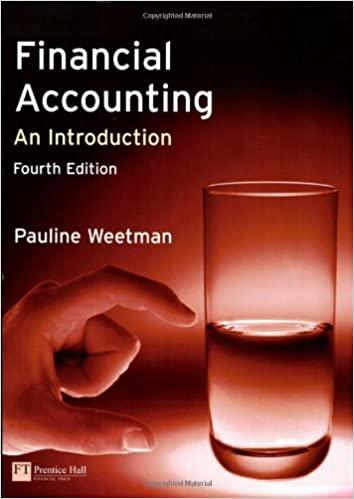Question
CHAPTER 9 INTERNAL DIAGNOSTICS OF CURRENT AND PRIOR DATA The situation envisioned is one where the forensic investigator or internal auditor proactively sets out to
CHAPTER 9
INTERNAL DIAGNOSTICS OF CURRENT AND PRIOR DATA
The situation envisioned is one where the forensic investigator or internal auditor proactively sets out to evaluate the risk of fraud or error.This chapter suggests a set of tests focused on account details called a parallel scan for comparing current period data to prior period data.The prior period could be a prior month, quarter, or year.The tests use two parallel columns of statistics in a statistical examination of both sets of data.The parallel scan is a structured approach to analyzing the detail in a set of transactions or the line items making up an account balance.The parallel scan is made up of numerical descriptive statistics related to a data overview, followed by measures of central tendency, variability, and the shape of the distribution.Running the parallel scan would give forensic investigators, and internal and external auditors a better understanding of the organization and its environment.
Discussion Questions
1.What are descriptive statistics?
2.What is the objective of using descriptive statistics in a forensic environment?
3.With respect to external audits, do the auditors of public companies have to follow the fraud statement SAS No. 99 issued by the AICPA?
4.Why might external auditors be reluctant to use and deploy computer assisted audit techniques (CAATS) in their audits?
5.Is it absolutely essential that all of the tests listed in Table 9.1 be run on each and every data set for which there is data for multiple time periods?
Short Answer Questions
6.Bolton and Hand state that we can seldom be certain by statistical analysis alone that a fraud has been perpetrated (true/false).
7.Missing records might indicate fraud, or processing or internal control issues (true/false).
8.The set of descriptive statistics that measures the variability or the spread of the numbers includes the mean and the median (true/false).
9.Data that is _____ (positively/negatively) skewed consists of many small amounts and fewer large amounts.
10. When using the My Law concept we still use the Mean Absolute Deviation (MAD) to measure conformity (true/false).
Step by Step Solution
There are 3 Steps involved in it
Step: 1

Get Instant Access to Expert-Tailored Solutions
See step-by-step solutions with expert insights and AI powered tools for academic success
Step: 2

Step: 3

Ace Your Homework with AI
Get the answers you need in no time with our AI-driven, step-by-step assistance
Get Started


